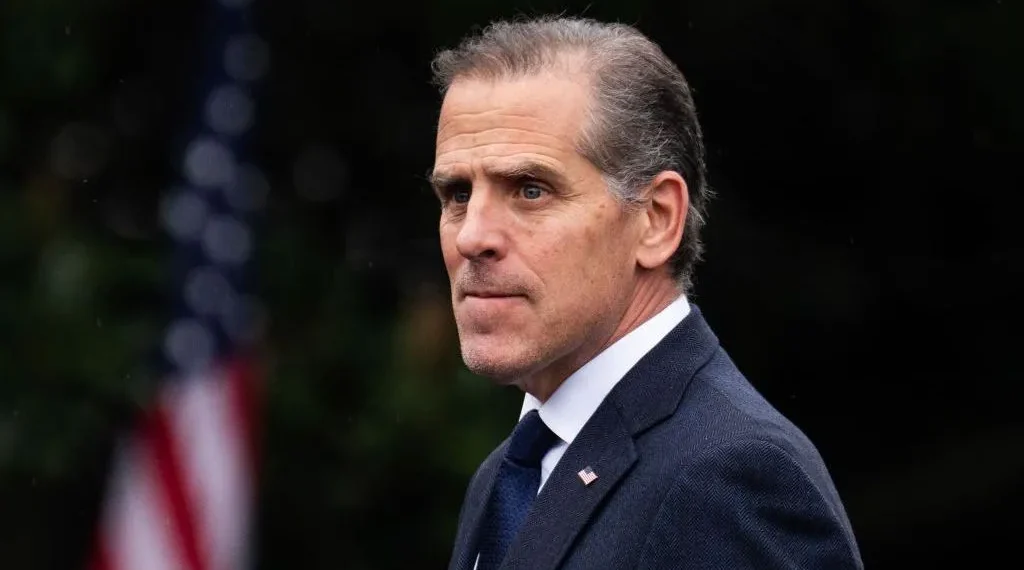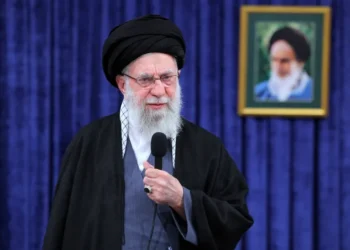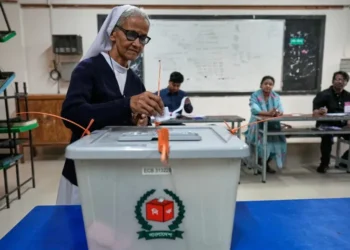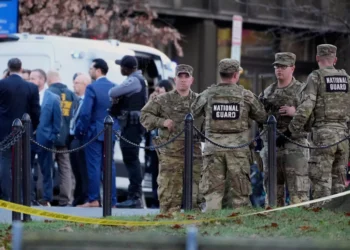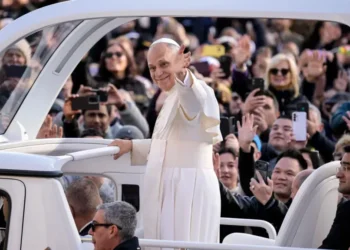Analysis: Biden’s Pardon for His Son Reflects a Shift in Presidential Behavior
President Joe Biden’s decision to pardon his son, Hunter Biden, marks a significant moment in presidential politics, signaling a shift in how modern leaders wield clemency powers. Despite earlier assurances that he would not intervene in Hunter’s legal troubles, Biden reversed course, announcing the pardon on the Sunday after Thanksgiving—a time when public attention was elsewhere.
In a statement, Biden defended his decision, framing it as a response to what he described as relentless attacks on his son:
“There has been an effort to break Hunter—who has been five and a half years sober—even in the face of unrelenting attacks and selective prosecution. In trying to break Hunter, they’ve tried to break me. Enough is enough.”
A Controversial Decision
Biden’s move has sparked sharp criticism, especially from Republicans, who accuse him of hypocrisy for breaking his promise and using presidential powers for personal reasons. Even within his party, dissent has emerged. Colorado Governor Jared Polis expressed disappointment, saying the decision could tarnish Biden’s legacy.
Presidential pardons for family members are not unprecedented. In 2001, Bill Clinton pardoned his brother, Roger, for a 1985 drug conviction. However, Hunter Biden’s “full and unconditional” pardon is unusually broad, covering not only his convictions but also any potential charges for offenses committed between 2014 and the day of the pardon.
This timeline encompasses Hunter’s controversial stint on the board of Ukrainian energy company Burisma and other international dealings while Joe Biden was vice president. Republicans have long alleged that Hunter improperly leveraged his father’s influence for personal gain, claims the Biden family has denied.
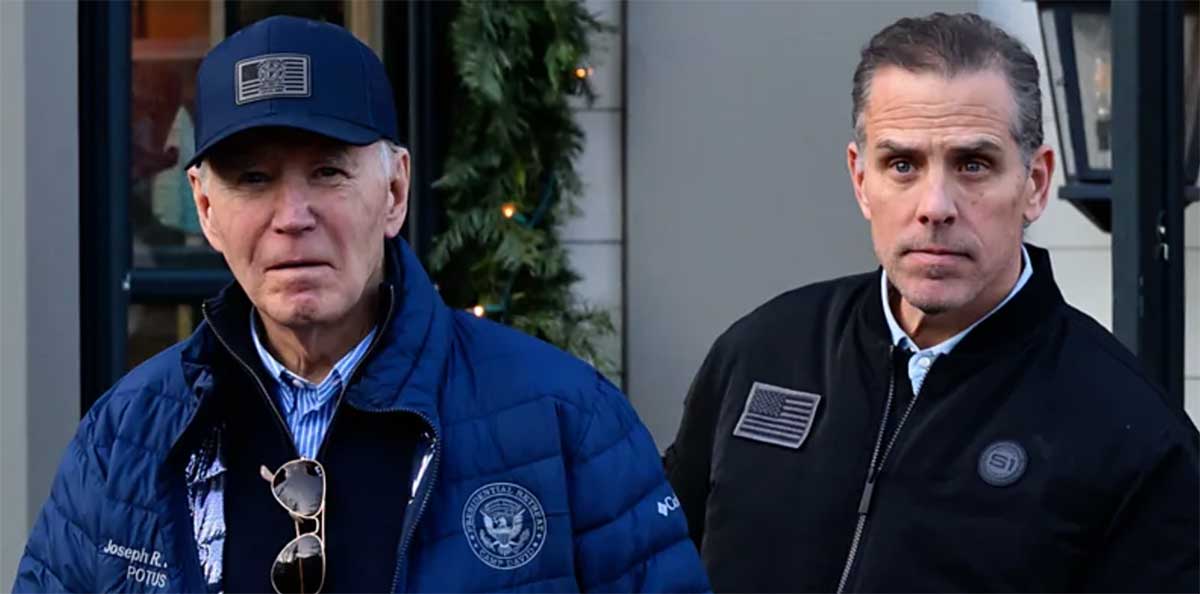
Parallels with Trump’s Pardons
Biden’s explanation for the pardon mirrors language used by former President Donald Trump when he criticized the U.S. justice system. Trump, in his final days in office, issued a wave of pardons to close associates and allies caught in various investigations during his presidency. Among them was Charles Kushner, father of Trump’s son-in-law Jared Kushner, who had been convicted of campaign finance violations, tax evasion, and witness tampering.
Critics argue that both Biden and Trump have used pardons as political tools rather than acts of grace. “With this decision, Biden has now made it easier for Trump to abuse the clemency power again,” said Professor John Crouch of American University.
A Changing Landscape for Presidential Pardons
Biden’s pardon is unlikely to carry significant political consequences for him personally, as his political career nears its conclusion. However, it may set a precedent with far-reaching implications. The established processes and norms governing presidential pardons appear to be eroding, leaving room for future leaders to wield this power more liberally.
If Vice President Kamala Harris had won the presidency, Biden’s pardon might have created a political headache for her transition team. Instead, attention has already shifted to the incoming Trump administration.
Trump, who is expected to grant clemency to allies prosecuted during Biden’s term, has criticized the Hunter Biden pardon, promising to reform the justice system and restore due process in his second term. He is also likely to pardon individuals convicted in connection to the January 6 Capitol riot, using Biden’s actions as justification.
An Erosion of Trust
Both Democrats and Republicans accuse each other of using the justice system for partisan purposes. This cycle of accusations erodes public trust in government ethics, with polls showing widespread skepticism across the political spectrum.
As the use of presidential pardons becomes increasingly politicized, the clemency power risks transforming into a tool for partisan advantage rather than a symbol of mercy and justice.
This article was rewritten by JournosNews.com based on verified reporting from trusted sources. The content has been independently reviewed, fact-checked, and edited for accuracy, neutrality, tone, and global readability in accordance with Google News and AdSense standards.
All opinions, quotes, or statements from contributors, experts, or sourced organizations do not necessarily reflect the views of JournosNews.com. JournosNews.com maintains full editorial independence from any external funders, sponsors, or organizations.
Stay informed with JournosNews.com — your trusted source for verified global reporting and in-depth analysis. Follow us on Google News, BlueSky, and X for real-time updates.
